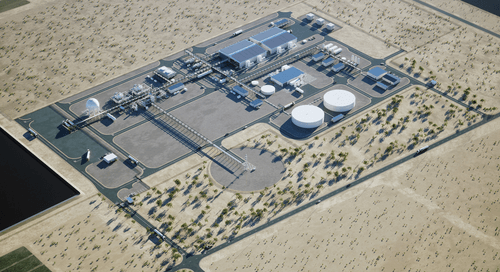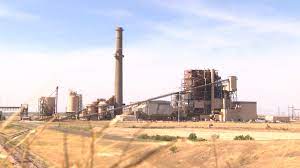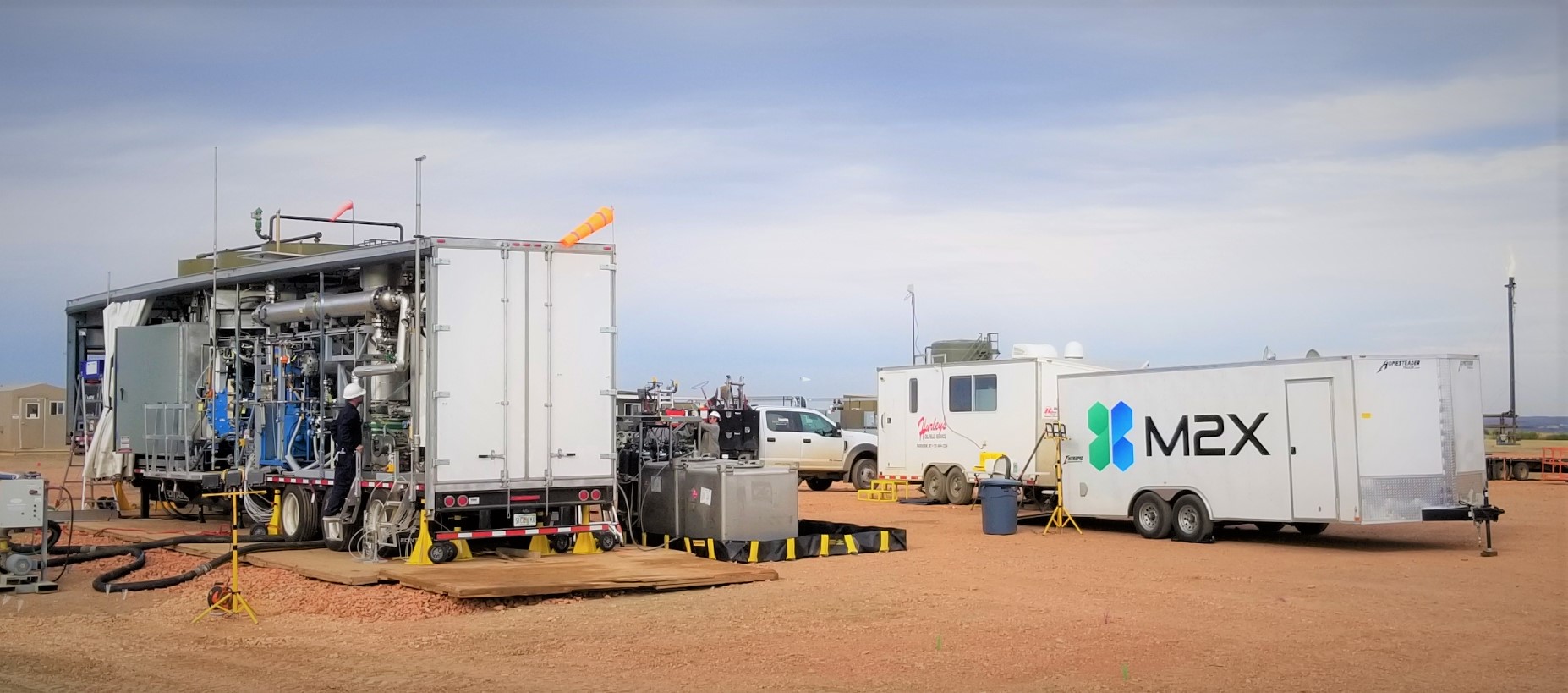The developer of a massive carbon capture pipeline and sequestration project in the Midwest has its bankers waiting in the wings and is planning to raise project finance as soon as next year, according to a source familiar with the company.
Summit Carbon Solutions is forging ahead with its plans for the project, which now spans 57 ethanol plants and 2,400 miles of CO2 pipeline, representing an augmented footprint after a rival CO2 pipeline developer, BlackRock-backed Navigator CO2, canceled its project.
TPG-backed Summit is still working with Morgan Stanley and CIBC as its bankers on the financing, the source said. The source declined to comment on a Capex estimate for the project, but a previous financing proposal from 2022 called for $4.4bn of Capex, including interest and fees.
The project, which would be the largest of its kind in the world, would pipe 18 million metric tons of CO2 per year from plants in a five-state area to geological sequestration sites in North Dakota.
Given the capacity of the project, the 45Q tax credit portion of the undertaking would amount to $1.53bn per year on its own, when considering the $85 per ton credit for permanent CO2 sequestration.
The 2022 proposal only included 32 carbon capture sites and 2,000 miles of pipeline. But last year, Summit added 17 POET ethanol plants, eight Valero ethanol plants, and one from Absolute Energy, according to the company.
Summit has raised more than $1.1bn in equity from financial and strategic investors, including TPG Rise, Summit Agricultural Group, Continental Resources, SK, and Tiger Infrastructure Partners.
The developer elected to move ahead with project permitting after hitting snags in North Dakota as well as in South Dakota and Iowa – opposition similar to what brought down the Navigator CO2 project.
The North Dakota Public Service Commission denied Summit’s pipeline route permit last year, but the company has reapplied. South Dakota also denied the pipeline permit; Summit said it planned to re-apply by early July.
Meanwhile, the Iowa Utilities Board gave its approval last month for the pipeline – and for the company to use eminent domain to acquire the property of non-consenting landowners. Summit said in a news release that it had signed voluntary easement agreements with 75% of Iowa landowners along the proposed pipeline route.
Opponents of the project said they would continue to fight it across its footprint.







